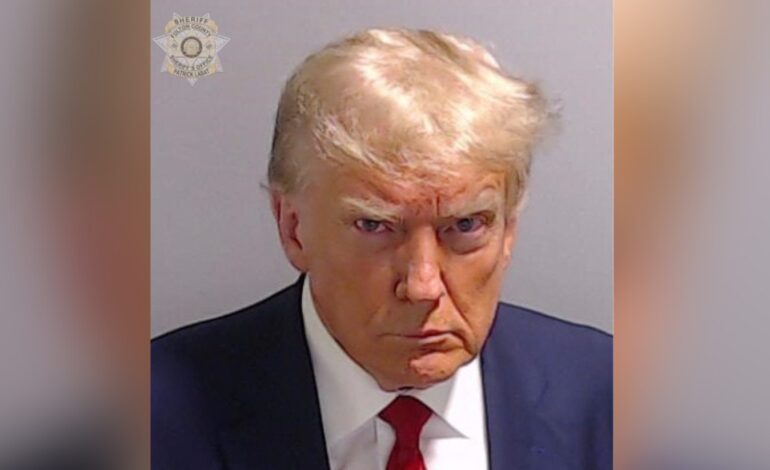Trump’s Georgia Case Ends, Legal Challenges Loom Ahead

The conclusion of Donald Trump’s legal case in Georgia marks a significant moment as the nation observes the implications of his ongoing legal battles. After ten months into his second term as President, the Georgia case is one of four criminal prosecutions where Trump faced felony charges. Notably, only the case involving former adult film star Stormy Daniels, considered the weakest of the four, has been resolved.
The political landscape surrounding Trump’s legal challenges has been shaped by key figures, including Senate Minority Leader Mitch McConnell and nine other Republican senators. Their decision to acquit Trump during his second impeachment trial on February 21, 2021, prevented a two-thirds vote that could have barred him from holding office. Had he been convicted, he might have faced further legal consequences.
According to the U.S. Constitution, “Judgment in Cases of Impeachment shall not extend further than to removal from Office, and disqualification to hold and enjoy any Office of honor, Trust or Profit under the United States.” This provision underscores that while impeachment leads to removal, other legal avenues for prosecution remain available. Trump’s ongoing indictments for federal election interference and the Georgia state case would have typically proceeded to their natural conclusions, potentially resulting in guilty or not guilty verdicts.
The current prosecution of Trump, along with others such as Rudy Giuliani and Mark Meadows, has encountered significant delays. Georgia prosecutor Peter Skandalakis highlighted the challenges of continuing the case over an extended period, stating, “The citizens of Georgia are not served by pursuing this case in full for another five to 10 years.”
Despite the case’s closure, questions remain about the nature of Trump’s actions during the election. Skandalakis commented that it is not illegal to challenge election results. However, indications suggest that Trump’s efforts were not merely about contesting the outcome in Georgia, where President Joe Biden secured a verified victory.
A recorded conversation between Trump and Georgia Secretary of State Brad Raffensperger revealed Trump’s request to “find 11,780 votes,” which he insisted were necessary to overturn the election results. Skandalakis suggested that there might have been an innocent explanation for Trump’s actions, but many observers argue that the intent to manipulate the election outcome was clear.
The prosecution’s handling of the case has drawn criticism, particularly regarding Fulton County District Attorney Fani Willis, who faced scrutiny for her management of the case. Some argue that her decisions may have delayed the proceedings, allowing Trump to evade accountability. The need to finalize the case before the election cycle intensified, leading to a perception that Trump effectively escaped legal repercussions due to the rapid electoral calendar.
As the situation stands, Senate Republicans missed an opportunity to hold Trump accountable in 2021. With his legal challenges still looming, there are calls for Congress and the courts to reassert their authority. The outcome of these ongoing challenges could have lasting implications for Trump’s political future and the precedent it sets for accountability in American politics.
With the Georgia case concluded, the focus now turns to the broader implications of Trump’s legal battles and the potential for future actions by lawmakers and legal authorities. The landscape remains dynamic, and the consequences of these proceedings will likely resonate well beyond the courtroom.






